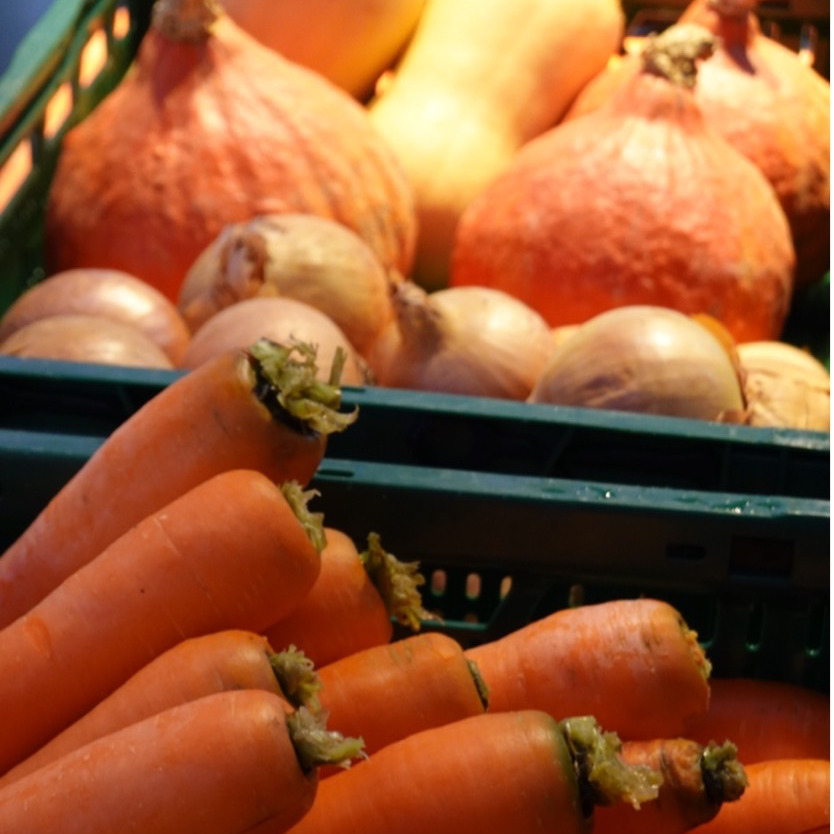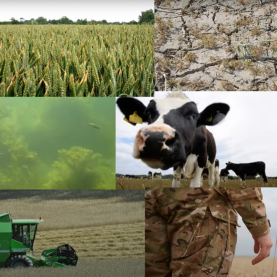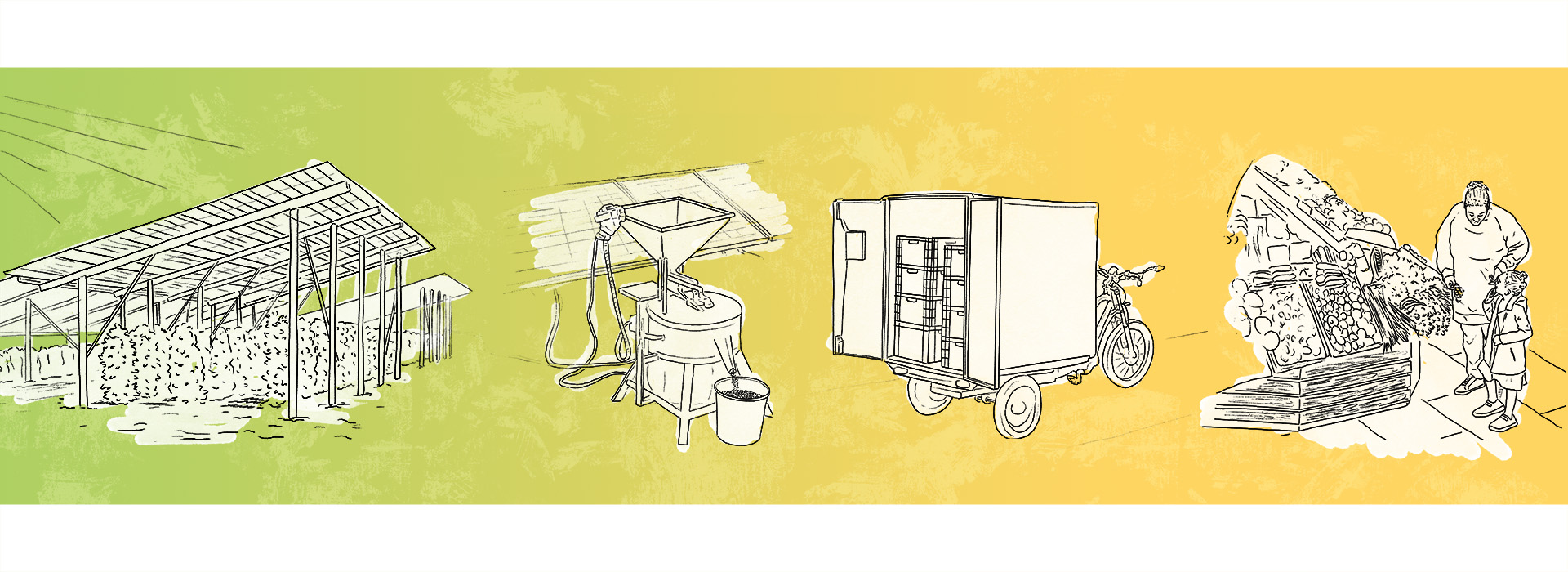Co-Creation of Sustainable Food Supply Chains through Cooperative Business Models and Governance (CO-SFSC)
Climate change, the COVID-19 pandemic, and the war in the Ukraine reveal unsustainable features of conventional, globalized food supply chains, including significant GHG emissions, food insecurity, high food prices, injustices against workers, and dependence on trade partners violating human rights. Various efforts have been undertaken to transform food supply chains (FSC) towards sustainability by reducing transport, paying fair prices, adding value in the region of origin, adopting worker safety standards, and increasing accountability along the supply chain from production to consumption. Cooperative business models, such as worker or consumer cooperatives, as well as cooperative governance such as food policy councils or community-supported agriculture adopt many of these sustainable practices. Yet, there is little empirical, comparative research on how to implement sustainable food supply chains through cooperative models.
The goal of CO-SFSC is to assess current food supply structures (incl. their supporting ecosystems like policies, financing, training) and to develop sustainable ones through innovation and transfer of cooperative business and governance models. CO-SFSC will co-create knowledge, visions, plans and small-scale experimentations on how to innovate, convert, and strengthen FSC in different socio-cultural-political contexts
Research across five "hubs"
Co-SFSC coordinates transdisciplinary research, incl. experiments, across five research “hubs” and with six teams in Turkey, Thailand, Taiwan, Sweden, Germany and the U.S., building a Community of Practice for mutual learning (Lave & Wenger 1998).
Find more information on each Hub:

November 2025
On November 24, 2025, the second BioRegio Karlsruhe took place at the TOLLHAUS Karlsruhe cultural center—as an organic meeting place and B2B forum for the greater Karlsruhe area.
Read_more
November 2025
The CO-SFSC project team held a Colloquium on Urban Food Sustainability and Resilience with our Belmont Forum CO-SFSC project guests Rebecka Milestad (FOI), Aylin Topal (METU ) and Ashley Coby (SCORAI) on November 24th. Take a look at the video of the colloquium!
Read_more_rdax_98s.jpg)
November 2025
The next Coffee with KISMET Webinar will take place on Novemer 20, 9:00 CEST/10:00 EEST. Courtney Adamson and other CO-SFSC researchers will talk about cooperative business models and governance for sustainable food systems. Join us on zoom!
Read_more